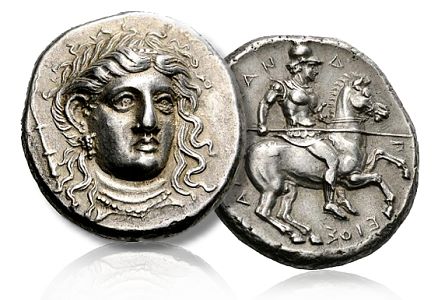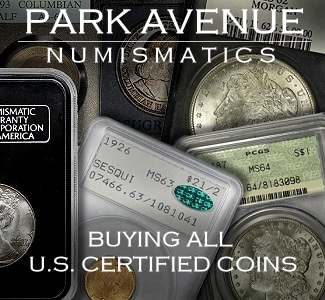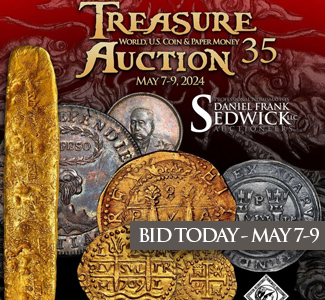By Wayne Sayles – Ancient Coin Collecting …..
Some ACCG (Ancient Coin Collectors Guild) members have asked what they can do to assure that the purchases they make are legal. One might theoretically ask the same question about many objects or substances that are traded domestically and internationally. The ACCG web site offers a few commons sense precautions and general observations that all collectors might keep in mind.
 A basic precept of criminal law is that “the act does not make a person guilty unless the mind be also guilty.” This principle is called mens rea. It simply means that an element of intent is necessary for guilt to be assigned. Within fields related to art and cultural property, the responsibility of a buyer in this regard is often referred to as “due diligence”.
A basic precept of criminal law is that “the act does not make a person guilty unless the mind be also guilty.” This principle is called mens rea. It simply means that an element of intent is necessary for guilt to be assigned. Within fields related to art and cultural property, the responsibility of a buyer in this regard is often referred to as “due diligence”.
A buyer should have a reasonable expectation that title is clear and transferable before purchasing something that may be controlled by law or administrative rule and should exercise a normal degree of caution in coming to that conclusion. Of course, “reasonable” and “normal” are subjective terms that can and are debated endlessly.
The legitimate market for ancient coins operates worldwide, even in some countries (like Italy) from which import of certain types of ancient coins into the United States is restricted. In some countries, like Israel, export permits are issued to registered dealers. In other countries, coins above a specified monetary value require export permits. Buyers from established dealers in the traditional market can reasonably expect that their purchases are offered with good and transferable title. But, it never hurts before making a purchase to ask whether a coin has been (or is being) legally imported into the United States.
The seller of a coin already in the United States may not know when or where a particular coin was imported, and is not required to know. But the seller should be willing to state in writing that he or she has clear title to the object being sold. This statement is obviously a “best knowledge and belief” statement because ancient coins do not come with a title like an automobile.
Here are a few very simple precautions that a buyer might take:
- Only buy from reputable sources that will guarantee title for your purchases.
- Always ask for an invoice for your purchase, which should be retained along with any collecting history you have for your coins.
- For purchases directly from abroad, make sure the sender properly declares the country of manufacture of the coin and its value.
- For coins subject to import restrictions directly purchased from abroad, ship separately from other coins and make sure they are accompanied with certifications attesting to the fact that they were out of the country for which restrictions were granted before the date of the restrictions.
The prospect of seizure of coins from law abiding rank and file collectors is remote and is not a cause for undue concern. This does not, however, absolve collectors from doing their part to discourage the illicit transfer of cultural property. The ACCG is chartered to defend the legitimate hobby of ancient coin collecting and calls on all of its members, collectors and dealers alike, to exercise due diligence as buyers of cultural property.





Thank you for the great tips for coin buyers. You can find some amazing things but ancient coins are especially difficult to verify right on the spot.